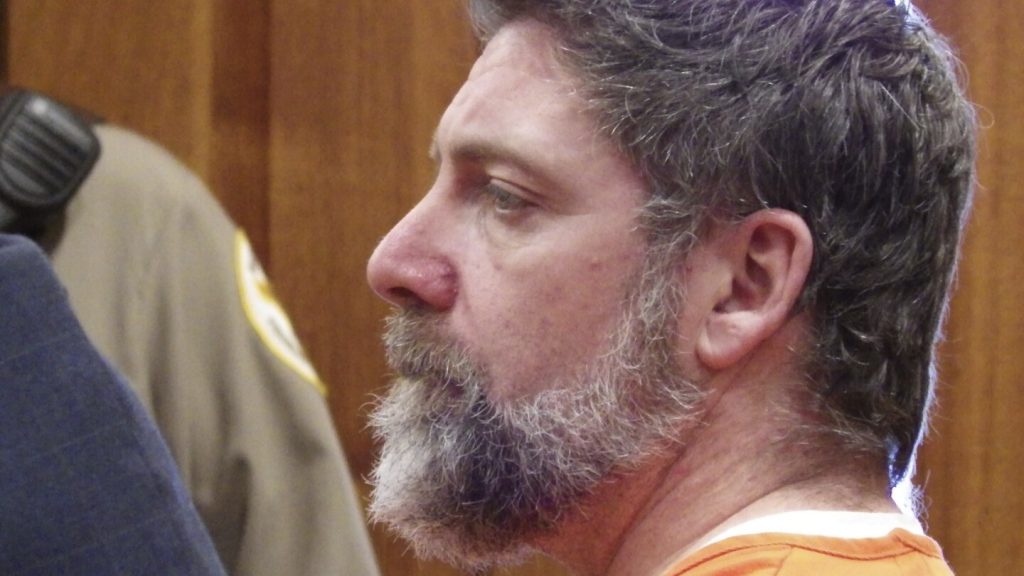Cramer’s plea change comes after a long legal battle following the tragic incident that took the life of Deputy Paul Martin. The details behind his decision to change his plea remain unclear at this time, with his attorney and the State’s Attorney for Mercer County yet to provide additional information. The circumstances surrounding the pursuit and crash that led to Deputy Martin’s death paint a picture of a high-speed chase that ended in a devastating collision. Cramer’s initial plea of not guilty to the charges indicates that there may have been complexities and legal considerations at play in his case.
The events that unfolded on the day of the pursuit shed light on the mental health struggles that Ian Cramer was facing at the time. Reports indicate that his mother had taken him to a hospital due to concerns about his mental well-being. His subsequent actions, including fleeing from deputies in Hazen and engaging in a high-speed chase, raise questions about the impact of mental health issues on his behavior. The tragic outcome of the crash that resulted in Deputy Martin’s death underscores the seriousness of the situation and the consequences of untreated mental health conditions.
In addition to the charges related to Deputy Martin’s death, Cramer is also facing separate felony charges for theft, criminal mischief, and reckless endangerment stemming from the events at the hospital. The legal proceedings surrounding these charges further complicate the situation, with a jury trial scheduled for November. The involvement of Sen. Kevin Cramer, Ian’s father, in acknowledging his son’s mental health struggles adds another layer of complexity to the case. Sen. Cramer’s statements about his son’s mental disorders provide insight into the challenges faced by individuals dealing with severe paranoia and hallucinations.
As Cramer awaits his plea change hearing, he remains in custody at the McLean County Jail on a substantial cash bail amount. The circumstances surrounding his legal battle, mental health struggles, and the implications of his plea change raise important questions about the intersection of mental health and the criminal justice system. The tragic death of Deputy Martin serves as a reminder of the lasting impact of actions taken during moments of crisis. The upcoming developments in Cramer’s case will shed light on the complexities of addressing mental health issues within the legal framework and the need for comprehensive support systems for individuals facing similar challenges.















